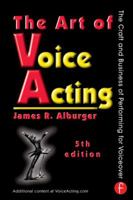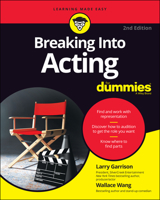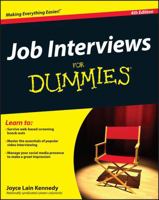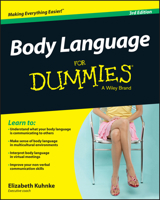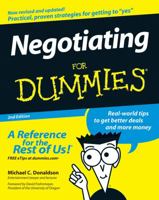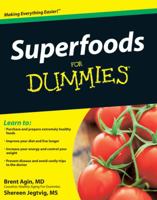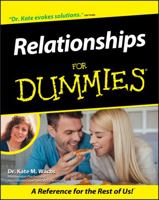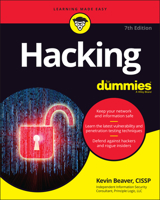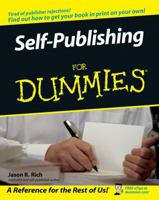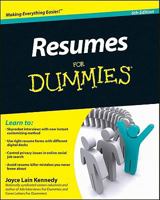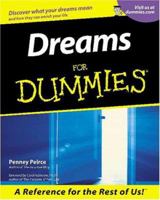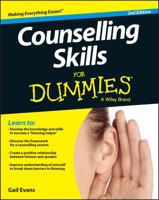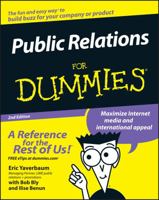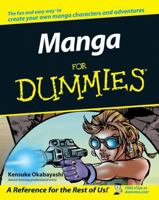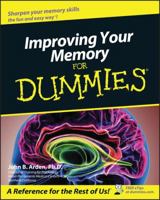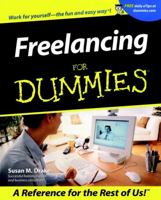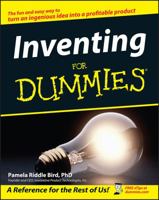Voice Acting For Dummies (For Dummies (Career/Education))
(Part of the Dummies Series)
Select Format
Select Condition 
You Might Also Enjoy
Book Overview
Make a career out of your voice? Easy. Voice acting is like acting, but just using your voice It's a unique career where the actor's voice can be heard worldwide-in commercials, on audiobooks, in animated movies, documentaries, online videos, telephone systems and much, much more. The point is to bring the written word to life with the human voice. With step-by-step explanations and an abundance of examples, Voice Acting For Dummies is the ultimate reference for budding voice actors on auditioning, recording, producing voice-overs, and promoting themselves as a voice actor. Creating a voice acting demo Finding your signature voice Interpreting scripts Using audio editing software Promoting your voice acting talents If you're an aspiring voice actor or an actor or singer considering a career transition, Voice Acting For Dummies has everything you need to let your voice talents soar.
Format:Paperback
Language:English
ISBN:1118399587
ISBN13:9781118399583
Release Date:January 2013
Publisher:For Dummies
Length:384 Pages
Weight:1.32 lbs.
Dimensions:0.9" x 7.4" x 9.2"
Customer Reviews
5 customer ratings | 5 reviews
There are currently no reviews. Be the first to review this work.















